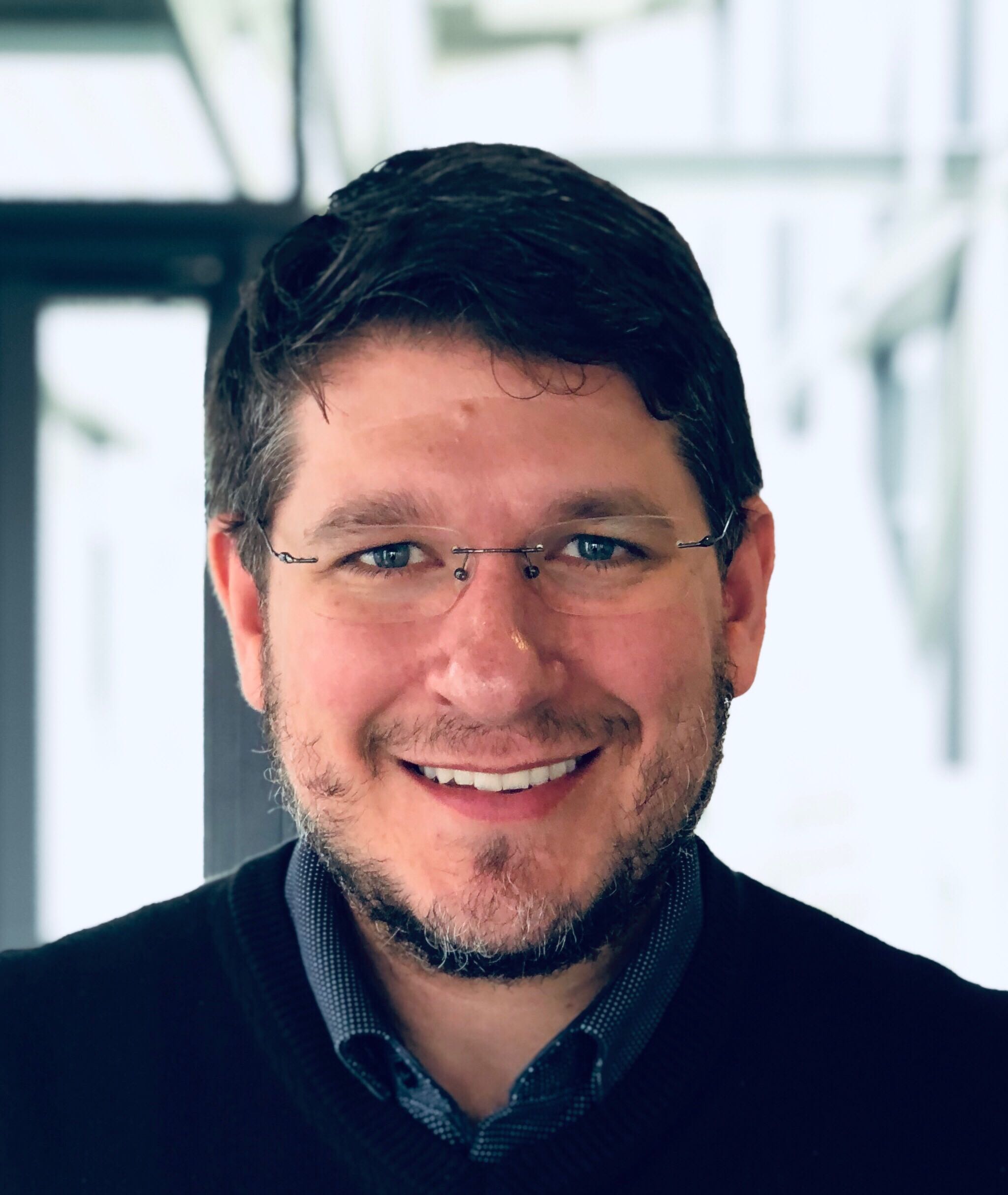Summer School "Variations on How to Play"
July 4th – 6th 2023
University for Continuing Education Krems | on-site only
Organized by the institute for cultural excellence research in cooperation with the Center for Applied Game Studies, University for Continuing Education Krems
The Summer School addresses the question of what it means to relate to the world in terms of ‘playing’ from a transdisciplinary perspective. The problem of how to behave, how to make decisions, how to plan, organize and realize one’s aims is not limited to the realm of games, but relevant to many other fields. In this sense, ‘how to play’ implies strategic thinking as well as imagining possible solutions to a problem; it implies habits and patterns that determine how interactions evolve in a given field; it implies empathizing and cooperating with others as well as competing against them; it implies rules to be respected as well as disrespecting or breaking rules and introducing new ones. It means looking for scope, margin or leeway in order to realize plans and make things work.
In this sense, ‘How to play’ involves relating to possible worlds, not only in games, but also in science, technology, humanities, and economics, as well as in the field of work and organizations. It involves relating to possible worlds in the arts: in visual arts and design, but also in music, literature and curating. We want to look at how people interact with collections and how games can be used as a tool to understand the process of collecting and curating cultural artefacts. By relating to the world, do we look for chance or for determination, for freedom and creativity or for binding rules? Competition or cooperation, sticking to rules for being creative or being creative without rules, strategy and premeditation or tactics and improvisation: all these are attitudes by which we relate to the world and to others. They enable us to make sense out of our actions and interactions. Competitive, collaborative, planning or improvising or other playing attitudes are realized in the practices of the various fields, in arts, sciences, economics, culture, politics and so on. Within the fields, these attitudes can also become objects of contention and reflection.
Call for Contributions
The Summer School aims to establish transdisciplinary perspectives on how possible worlds evolve in different specialized fields in the context of play. Therefore, we invite scholars, students and practitioners from all disciplines to reflect on modes of playing within their field. We ask participants to prepare examples in form of short inputs in an open, inclusive, and non-specialist language. We especially encourage professionals and practitioners to participate.
Contributions should refer, but are not limited, to the following questions:
- In which ways are habits and patterns established and reproduced?
- Are there any conventions or debates on how not to play? Are there sanctions if established playing modes are disrespected? What are the positive aspects of rule-breaking?
- Which modes of playing characterize the way new ideas, concepts, behaviors are generated? How are explorative and experimental processes organized?
- How do relationships between players evolve? Are there recognizable explicit or implicit rules? Are there recognizable patterns that form ‘cultures’ of dealing with each other?
- How do influence, power and resources relate to the modes of playing?
In special reference with the Department for Arts and Cultural Studies at the Faculty of Education, Arts and Architecture we like to inspire with the following set of questions:
- How can collection studies inform the design of game environments, characters, and inventory systems?
- How can the interactive nature of games be used to create unique collecting and curatorial, archival, visual and digital memory experiences?
- How do players interact with collections or archives in games and how does this differ from real-life collections?
- How do games allow players to curate and create their own collections or archives in the virtual world?
- How can collections and archives be used as a source of inspiration and material for game development?
The aim is also to publish a book. This book will be the first part of a new publication series of the Department for Arts and Cultural Studies at the Faculty of Education, Arts and Architecture. We will offer two tracks. The academic track with peer reviews and the project and experience track by editorial review. Concerning possible contributions, we especially encourage scholars of (digital) archives, digital memory studies and collection studies, as these are the core disciplines of our department. In our publication, we want to discuss and reflect how people interact with collections and how games can be used as a tool to understand the process of collecting and curating cultural artefacts. A sample of specific questions following downwards may help in creating abstracts.
If you are interested, we cordially invite you to submit an abstract (300-500 words) until 30th of March 2023 to klaus.neundlinger@institute-ce.at and alexander.pfeiffer@donau-uni.ac.at
Team
The summer school is organised by.:
University for Continuing Education Krems, Department for Arts and Cultural Studies at the Faculty of Education, Arts and Architecture
- Center for Applied Game Studies, University for Continuing Education Krems
- Archives of Contemporary Arts Collection of Literary Estates
Organized in cooperation with the institute for cultural excellence research.
****
Alexander Pfeiffer
Head of Emerging Technology Experiences Lab, University for Continuing Education Krems
alexander.pfeiffer@donau-uni.ac.at
Natalie Denk
Head of the Center for Applied Game Studies, University for Continuing Education Krems
natalie.denk@donau-uni.ac.at
Helmut Neundlinger
Head of Archives of Contemporary Arts Collection of Literary Estates
helmut.neundlinger@donau-uni.ac.at
Klaus Neundlinger
Head of Research, institute for cultural excellence research
klaus.neundlinger@institute-ce.at
.jpg)